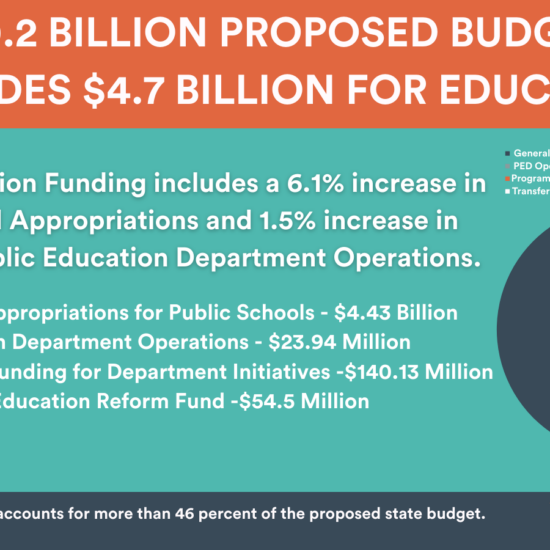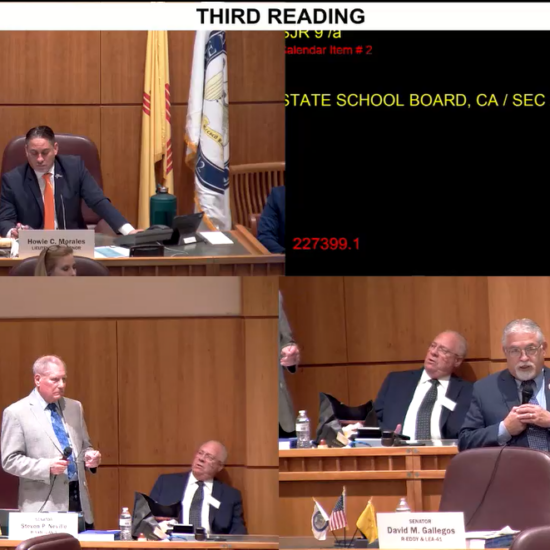
Editor’s note: This article was written by Lina Germann, a New Mexico citizen, parent, and educator,
House Bill 126, which would reduce New Mexico high school graduation requirements, passed the State House of Representatives Wednesday, with an overwhelming 64-3 vote. It has passed two State Senate committees as well, and awaits a vote on the Senate floor.
While amendments made the bill slightly more palatable, it remains deeply flawed and will cause long-term damage if signed into law.
Among its most troubling elements, the bill would remove Algebra II as a graduation requirement. Algebra II is important for brain development. The course builds problem-solving capacity and resilience. Though there was an amendment adopted on the floor that requires schools to offer the course, it is no longer required for graduation.
Removing Algebra II as a graduation requirement is problematic because it limits the options of students who choose not to take the course. Many colleges and universities require applicants to have taken Algebra II. Not requiring it amounts to a self-sorting mechanism that ensures some students will not be college-eligible.
Have the sponsors of this bill looked into what higher education institutions in and out of state require for admission? I am speaking as a parent whose one son graduated top of his class at a public high school in NM and still needed remedial math. My other son and his friend discovered after the fact in their senior year that three years of a foreign language is required at the college of his choice. Fortunately, he had fulfilled that requirement. His friend wasn’t as fortunate.
The bill requires all middle schools to put a four-year plan in place for their students as they finish 8th grade. However, most high school counseling departments are already understaffed and overburdened with very limited capacity to work with each student on ‘next-step plans’ each year. It is unrealistic to expect guidance counselors, who are assigned large numbers of students, to keep track of all their students so closely, to make sure that students are fulfilling the requirements for their desired pathway, or to even be aware of all the higher education requirements in and out of state, let alone CTE tracks and their requirements.
What if a student who initially isn’t focused on college decides part way through high school that he or she wants to enroll after all, do these new requirements set them up for success in changing their minds, which we know many high school students do?
Without a doubt, the bill, if it becomes law, would track more students out of high school into the trades. While the trades provide many good jobs with liveable wages, high schools should be encouraging all of their students to aim as high as possible and not to close themselves off to the possibility of attending college. New Mexico students should be college-ready whether they choose that track or not.
New Mexico’s current graduation requirements are not the main problem facing the state’s education system. The problem is in a failing system that needs overhauling from the ground up.







